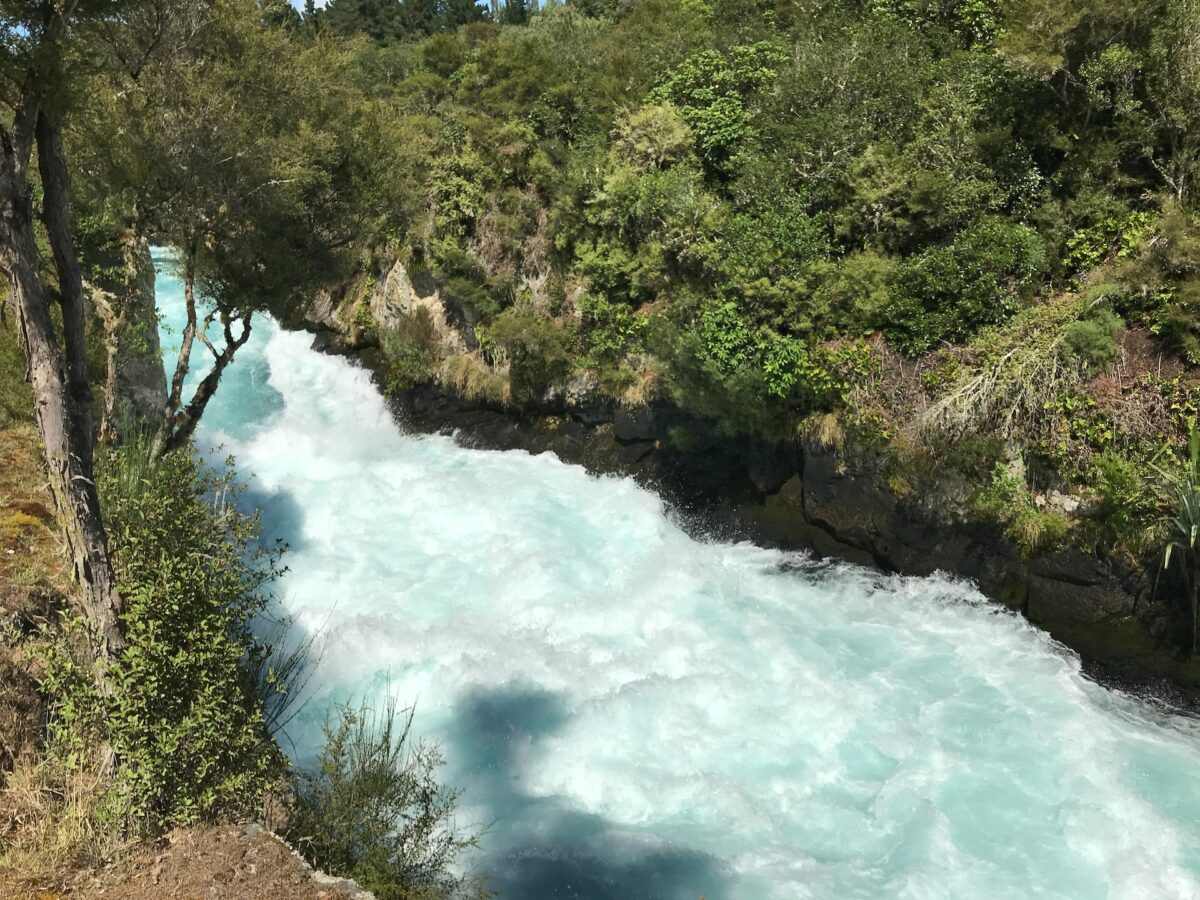SpongeScapes: a project involving 14 European countries
- Nature Governance
- EU Commission
- EU
- 2023-2027


Stichting Deltares (Deltares)
UK Centre for Ecology & Hydrology (CEH)
International Office for Water (OiEau)
University of Padova (UniPD)
University of Ljubljana (UL)
Slovenian Environment Agency (ARSO)
Warsaw University of Life Sciences (WULS)
WWF Greece (WWF)
The context
Complex problems need complex solutions: this major new European project aims to demonstrate that natural solutions are a trump card for the resilience of territories to climate change, primarily if the challenges are addressed at the landscape scale and with the involvement of local actors.
The most obvious consequences of the climate crisis are the dramatic increase in extreme events (floods and droughts) that affect us with increasing intensity and frequency. At the same time, the impact of human activities on the landscape makes this situation even worse, increasing risks and degrading soils and ecosystems. This situation, in turn, generates essential impacts on the well-being of society, such as the reduction of availability of clean water, fertile soil, and biodiversity.
On the other hand, Natural Water Retention Measures (NWRM, a particular type of NBS) have been experimented with for years to respond to the abovementioned challenges. However, their replication potential still needs to be explored.
The project
The SpongeScapes project works on so-called ‘sponge landscapes’, i.e. territories capable of slowing down river floods, conserving water for a long time and releasing it slowly into the territory while helping to re-establish healthy soils and acceptable groundwater levels. In this way, they can play a crucial role in reducing the territory’s vulnerability against extreme events.
The SpongeScapes project, therefore, aims to test the effectiveness of Natural Water Retention Measures, in particular by evaluating their impacts and performance in a shared stakeholder process and at different scenarios and geographical scales, starting from 14 European case studies.
The project’s main objective is to provide a solid knowledge base on the effectiveness of individual measures and their role at the landscape level to influence decision-making around spatial planning positively.
Our contribution
In the SpongeScapes project, Etifor is responsible for co-assessing the costs and benefits of landscape-level measures together with stakeholders in the SpongeLabs multidisciplinary exchange platforms.
In addition, Bosco Limite, a pilot forest area for groundwater infiltration and managed by Etifor, is one of the project pilot cases; it will therefore be studied and monitored, and the results will be used in the project to provide information on the effectiveness of this measure in the Natural Water Retention Measures landscape.




